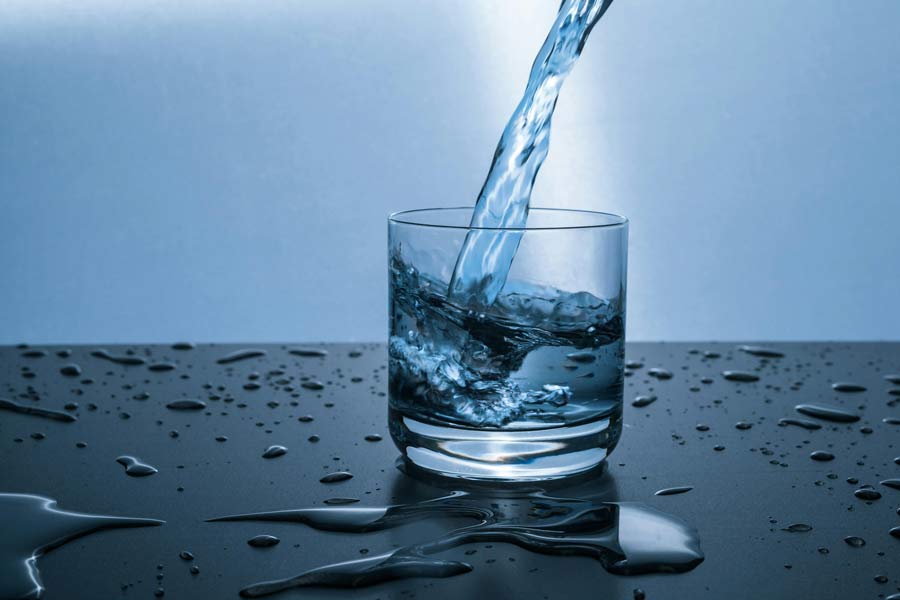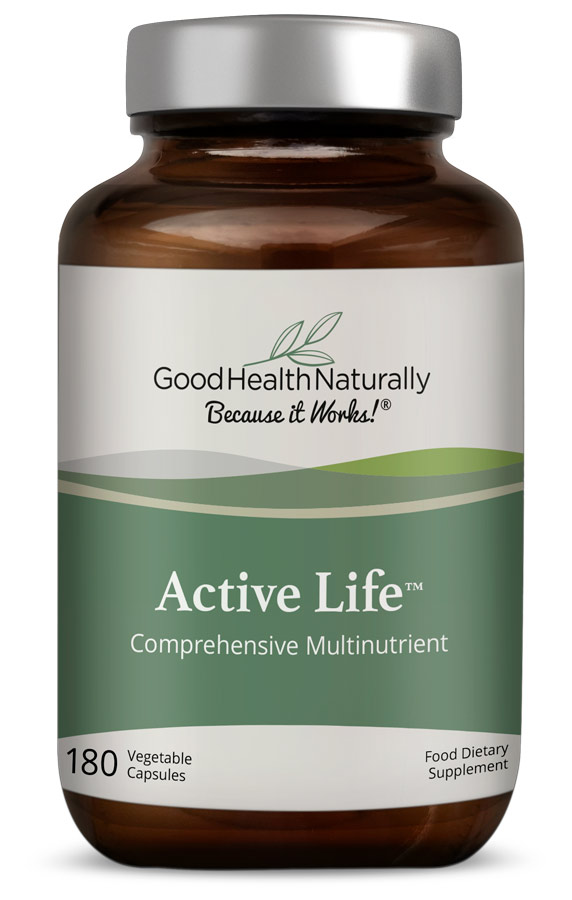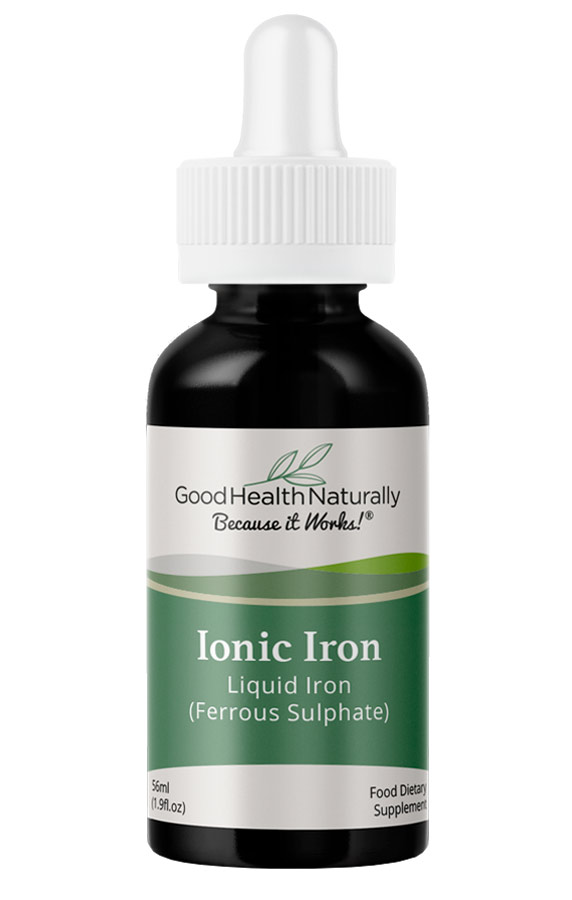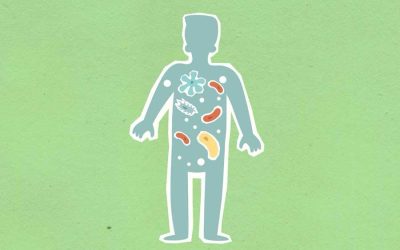When temperatures drop, most of us instinctively reach for warm drinks like coffee, tea or hot chocolate, rather than a glass of water. Many people assume hydration is less important during the winter when we tend to sweat less, but staying hydrated in winter is just as essential for your body. The combination of cold, dry air and indoor heating can quietly dehydrate us, affecting everything from skin and energy levels to the immune system.
Why Staying Hydrated in Winter Still Matters
Cold air holds less moisture, and our bodies often lose fluids without us even noticing. Each time we breathe, we inhale cold, dry air and exhale warm, moist air, meaning water loss occurs with every breath. Indoor heating further dries out the environment, drawing moisture from our skin and mucous membranes. Even if we’re not visibly sweating, dehydration can sneak up on us during winter just as easily as in summer.
Cold Weather Suppresses Thirst
One reason we often drink less water in winter is that cold temperatures naturally reduce our thirst response. Research shows that our sense of thirst can decrease by up to 40% in cold weather, even though our hydration needs remain the same.
When it is chilly, blood vessels constrict to preserve body heat, and this reduces the body’s ability to send ‘thirsty’ signals to the brain. By the time we feel thirsty, mild dehydration may already have set in. This effect is especially common in older adults. Therefore, it is essential to make a conscious effort to drink water regularly, even when we don’t feel like it.
How Much Water Should We Drink Each Day?
It is generally recommended that most people aim for 6 to 8 glasses of water a day. This works out to roughly 1.5 to 2 litres of fluid. Herbal teas count towards this quota. While this is a helpful guideline, needs may vary based on body size, activity level and environment. A better approach is to monitor the colour of your urine. A pale yellow colour means you are hydrated, while darker shades indicate you need more fluids.
Hydration and Your Immune System
Winter is the peak season for colds, flu and seasonal viruses and staying hydrated can play a key role in supporting our immune systems. It helps carry oxygen to our cells, flushes out toxins, and keeps mucous membranes moist, especially in your nose and throat. These membranes act as the body’s first line of defence against pathogens. If we are dehydrated and these protective barriers dry out, it makes it easier for germs to enter and cause infection.
Staying hydrated works hand in hand with getting enough key nutrients. Vitamins C, D and zinc all contribute to normal immune function, while magnesium and selenium help protect cells from oxidative stress, both of which are important when our bodies are under more seasonal pressure.
How Water Supports Winter Skin Health
If your skin feels tight or dull, it could be a sign you’re not staying hydrated in winter, when low humidity and heating strip away moisture. Cold winds, low humidity and heated indoor spaces can all make our skin dry, itchy and flaky. Drinking enough water supports skin elasticity and strengthens its natural moisture barrier, keeping it soft and radiant even in cold, dry weather. Proper hydration also helps lubricate joints, keeping them comfortable during the colder months.
Alongside good hydration, nutrients such as vitamin C, collagen and hyaluronic acid can help maintain skin elasticity and moisture balance, supporting a healthy glow even in cold, dry conditions.
Can Dehydration Affect Energy and Focus?
Many people underestimate the risk of dehydration in winter, as dry indoor air and a reduced thirst response make it easy to fall short on fluids. Feeling sluggish during the colder months isn’t always down to a lack of sunlight; dehydration could be part of the reason. Even mild fluid loss can lead to fatigue, brain fog, or mood swings.
We often mistake low energy for simply feeling cold or tired, when our body is actually signalling a need for hydration. Staying hydrated in winter helps maintain steady energy levels, sharper focus, and a more balanced mood throughout the day.
Energy levels in winter are influenced by more than hydration alone. Adequate intake of B vitamins, magnesium and iron supports normal energy metabolism and reduces tiredness, helping you stay alert and focused throughout the shorter days.
Drinking Water for Digestion and Weight Balance
Cold weather often makes us reach out for warming comfort foods, which can slow down digestion. Drinking water helps our digestive systems function smoothly, preventing constipation and reducing the risk of kidney stones. It also supports our metabolism, helping the body burn calories more efficiently. Many people mistake thirst for hunger, so keeping hydrated can prevent unnecessary snacking and help maintain a healthy weight during the winter months.
Signs You’re Not Drinking Enough Water
Even when it’s cold outside, our bodies still show clear signals when they need more fluids. Here are a few to look out for:
- Dark yellow urine rather than pale straw colour
- Feeling thirsty, dizzy, tired or having headaches
- Dry mouth, lips or skin
- Confusion, especially in older adults
Simple Winter Hydration Tips
These winter hydration tips can help you maintain energy, focus and skin comfort:
- Start and end your day with water. A glass of water first thing in the morning and before bed can make a huge difference.
- Carry a water bottle. It keeps fluid intake visible and provides frequent reminders.
- Eat hydrating foods. Include warming soups and stews. Plus, juicy fruits in your diet.
- Drink warm water or herbal teas. Chamomile, ginger, or peppermint tea helps hydrate and soothe your system.
- Monitor urine colour, aim for pale yellow as a hydration indicator
Is It Possible to Drink Too Much Water?
While rare, overhydration can happen. It can lead to diluted blood sodium levels, which can be dangerous. The body’s water levels rise, and cells begin to swell. This swelling can cause many health problems, from mild to life-threatening. The key is to spread your water intake throughout the day, rather than consuming large amounts at once. Also, balance plain water with electrolytes if sweating heavily during exercise.
FAQs: Why Staying Hydrated in Winter is Essential
Here are a few common questions people ask about staying hydrated during the colder months.
- Do we really need to drink as much water in winter as in summer?
Yes. Even though we sweat less, our bodies still lose water through breathing, indoor heating, and dry air. Staying hydrated in winter helps maintain energy, skin health and immune defences.
- Can herbal tea count towards daily hydration?
Absolutely. Unsweetened herbal teas like chamomile, peppermint and ginger all count towards your fluid intake and are especially comforting during colder months.
- How can I tell if I’m dehydrated in winter?
Look for signs such as darker urine, tiredness, dry skin, or headaches. These are all cues that you may need to increase your water intake.
- What are some easy ways to stay hydrated when it’s cold?
Start your morning with a glass of water, keep a bottle nearby throughout the day, and include warming soups, stews and hydrating fruits in your meals.
Final Thoughts: Hydration Is a Year-Round Commitment
Even though we may not feel as thirsty in winter, our bodies constantly lose water through breathing, evaporation, and indoor heating. Staying hydrated in winter is one of the simplest ways to support your energy, mood and overall wellbeing throughout the colder months. So, this winter, make your water bottle as essential as your scarf — hydration is a daily habit that will help you feel your best all season long.
Further Reading
Hydration and nutrition go hand in hand when it comes to supporting your health through the darker months.
Discover how vitamin D helps maintain energy, mood and immune balance in winter: Why Vitamin D Is So Important During Winter







